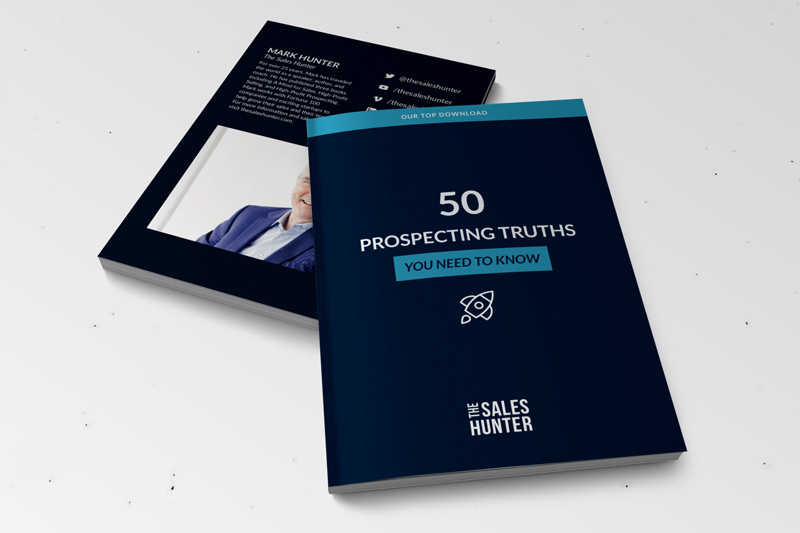
The dreaded buying department is the nemesis for too many salespeople.
In fact, not only do many salespeople dread it, but most marketing teams do as well.
Why?
It’s simple – the masters of the buying department know how to get the best of the vendor sitting across from them.
Truth is there is no reason for anyone to fear the buying department.
Buyers are only doing what they’re supposed to be doing. They are trying to get the best price possible. Unfortunately, they tend to place way too much emphasis on price rather than other things, because this is the easiest way to measure their success. The real problem is vendors give into the demands of the buyer.
Just because the buying department demands a lower price doesn’t mean they should get one.
When the vendor gives the lower price based on the demands of the buyer, the only thing that is assured is the buyer is going to demand another discount. Why? Because it worked the first time.
Reducing a price is not something that should be done merely because of a request. Discounts should be seen as a non-starter. Period! Lower pricing might be an option at some point, but only if the makeup of the offer is changed to warrant a lower price.
A discount should never be given merely because the buyer demands it, regardless of the level of pressure the buyer exerts.
Buyers are sharp. A buyer who does not know how to take advantage of a salesperson is not going to last in their position for long. A buyer’s demand should not be met with anything other than a confident “no” from the salesperson.
A single “no” is not going to stop the buyer from demanding a better price, but it is going to put a line in the sand and confirm to them the price on the table is the correct price.
Your offer is based on the expectations and intended outcomes the buyer and the organization they represent have presented to you. Thus, the offer should be seen as a perfect match for the level of value they expect to receive in return. Offering a discount means the offer you initially put together was not correct.
Do you see how offering a discount can undermine your credibility?
When the buyer persists in getting a lower price, your response after the initial “no” must be to get the customer engaged with you in understanding their needs.
What is ironic is many times the buyer has little knowledge of the benefits and desired outcomes from what you’re selling. The reason is simple – buyers are paid to buy, not to use. This is why you owe it to them to ask questions that will shed more light on the needs and desired outcomes of the end user.
Ultimately, if the buyer is still insistent on a lower price, the only option you have is to amend the product offering by removing something of value equal to the amount the price is going to be lowered by.
When you take this approach, you’re giving yourself credibility in your eyes and the buyer’s eyes.
The buyer now sees a direct correlation between your price and your offer. This might sound trivial, but it’s huge. Over the years, many buyers have shared with me how rarely do they meet salespeople who hold firm on their price/value offer.
Once a buyer understands and sees you don’t move on the price/value relationship, they will begin to leave you alone. They will leave you alone, because they can be more successful in getting lower prices by pounding on other vendors rather than you.
Yes, buying departments do destroy salespeople, but only because salespeople allow themselves to be destroyed.
Key to avoiding it is by simply not changing your price/value relationship, even after the buyer demands it.
Copyright 2014, Mark Hunter “The Sales Hunter.” Sales Motivation Blog. Mark Hunter is the author of High-Profit Selling: Win the Sale Without Compromising on Price.














2 Responses
Hi, Let me more information about smart selling and best sales.
Awaiting for positive reply.
Regards
Basavaraj M
Mobile : 9916677755
This is really an eye opener, thanks.